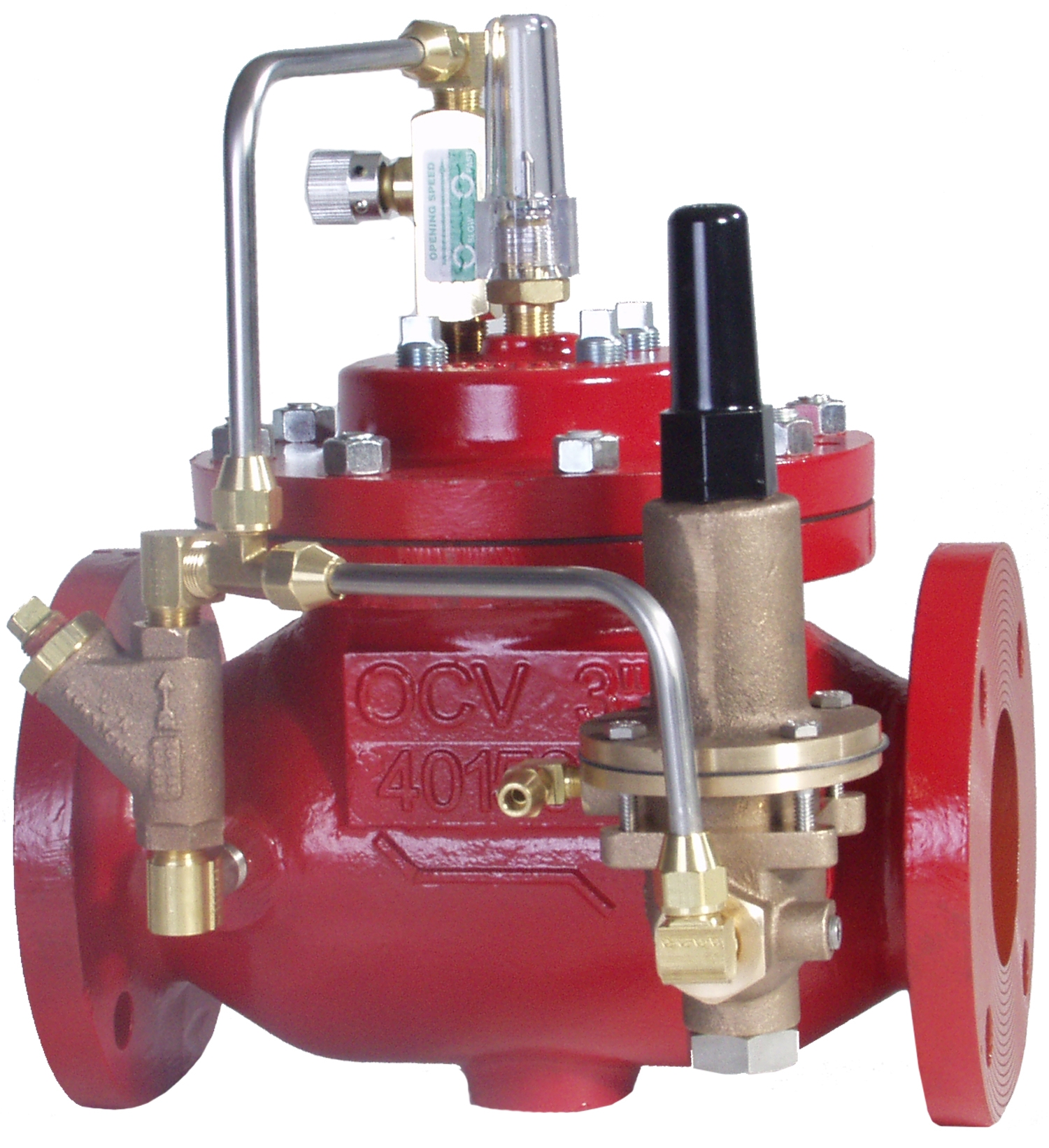Maintaining maximum fuel efficiency is essential for not only the functionality of your vehicle and your overall driving experience. One key component that plays a significant role in this aspect is the suction control valve. This tiny yet essential part regulates the flow of fuel and impacts the engine's power and efficiency. Neglecting its maintenance can lead to reduced performance and higher fuel consumption, ultimately costing you more at the pump.
To ensure that your vehicle operates at its peak, it is important to be proactive about the maintenance of your suction control valve. In the following sections, we will discuss practical tips and effective practices that can help you keep this essential part in top condition. By caring for your suction control valve, you can enhance your vehicle’s fuel efficiency and extend its lifespan.
Understanding the Suction Control Valve

The suction control valve is a vital component in many diesel engines, mainly involved in regulating the fuel system. Its main function is to regulate the volume of fuel that is allowed to enter the injection system, consequently influencing both performance and efficiency. An optimal suction control valve guarantees the engine obtains the right amount of fuel, which aids maintain combustion efficiency and reduces emissions.
When functioning correctly, the suction control valve aids to prevent issues such as fuel starvation or too much fuel delivery, which can result in engine performance problems. This regulation is essential for maintaining proper engine operation under changing load conditions. As the engine requirements change, the suction control valve adjusts the fuel flow accordingly, achieving a balance that enhances fuel efficiency and power output.
However, like any mechanical component, the suction control valve can wear down over time or become obstructed with debris. Routine maintenance and focus to this component can thwart potential failures and keep your vehicle functioning smoothly. Ensuring that the suction control valve is free of debris and working properly is crucial for maximizing fuel efficiency and prolonging the life of your engine.
Indications of a Malfunctioning Suction Control Valve
A malfunctioning suction control valve can manifest many discernible indications that can affect your vehicle's operation. One of the primary signs is a drop in fuel efficiency. If you find yourself going on more frequent trips to the gas station or noticing that your fuel gauge is falling faster than usual, it could be an sign that the suction control valve is not functioning as it should. This inefficiency can result in higher operational costs and can signal other underlying issues.
Moreover common symptom is engine performance issues. Drivers may experience rough idling, misfires, or a lack of power during acceleration. These issues often arise due to improper fuel delivery and air-fuel mixture, which can result from a failing suction control valve. If your vehicle hesitates or struggles when you accelerate, it's crucial to investigate further as it could point to this critical component.
Moreover, warning lights on your dashboard, such as the engine check light, can indicate problems related to the suction control valve. Modern vehicles are equipped with sensors that monitor various systems, including fuel delivery. If the suction control valve is not functioning to regulate pressure properly, it may trigger a diagnostic trouble code. Ignoring this warning can lead to more severe engine problems, so it is essential to address it quickly.
Care Advice for Peak Performance
To make sure your suction control valve operates efficiently, routine inspection is key. Start by inspecting for any evidence of deterioration or harm around the valve. Grime or debris can collect, leading to blockages that hinder its operation. If you detect any build-up, clean the area around the valve carefully to allow unobstructed airflow and avoid any potential issues.
Another crucial aspect of maintenance is checking the electrical connections associated with the suction control valve. Loose or corroded connections can affect the valve's performance, leading to decreased fuel efficiency. Ensure that all the connections are firm and free from corrosion. If you detect any issues, contemplate fixing or replacing the connectors to maintain maximum electrical flow.
Finally, think about arranging periodic professional inspections as part of your vehicle’s routine maintenance. A trained technician can perform a thorough evaluation of the suction control valve's performance and make essential adjustments or replacements. Staying ahead with these checks can help you dodge larger problems down the line, making sure your vehicle runs effectively and efficiently.
